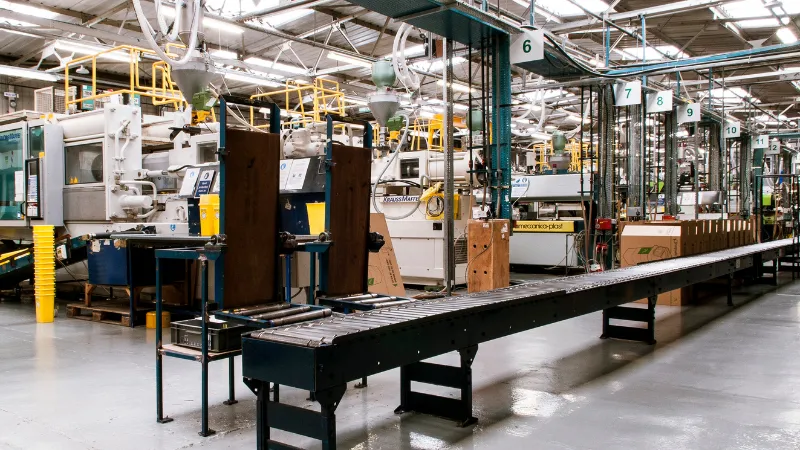
For small businesses, internet connection matters a lot because a poor internet connection can lead to frustrated employees, missed client calls, failed transactions, delayed projects, and even lost revenue. To have a stable internet connection, there is one piece of hardware that is overlooked: the WiFi router. Many small businesses consider it just another gadget, but the reality is that choosing the right WiFi router can be one of the smartest and wisest decisions that you can make for the growth of your company.
Let us take a look at key factors that small business owners need to know before investing in a WiFi router.
Understand Your Business Needs
Before browsing router specs or comparing prices, small business owners should first understand their business needs and analyse their business’s internet usage. Once they are well aware of their business needs, they will be able to make the right decision accordingly and choose a WiFi router that best suits their needs. Along with this, planning ahead is crucial, and you need a router with scalability options that will save you from frequent upgrades as your company grows.
Speed and Bandwidth
As a business owner, you want to have a WiFi router with good internet speeds to handle all the tasks in the office seamlessly. The reason why your WiFi router should have good internet speed is that without the router supporting fast speeds, your internet speeds won’t be fast, no matter how good your internet plan is. So always make sure that you choose a router that has fast enough speeds that match your ISP’s internet plan, so that you receive the speeds that you are paying for.
Advanced Security Features
One of the biggest threats that small businesses face today is cybersecurity, and your WiFi router is the first line of defence. A good router should go beyond just providing internet access; it must protect your entire network and the connected devices from potential breaches because data is money in today’s era, and protecting client and business information should be a top priority.
Always look for WiFi routers that offer advanced security features like WPA3 encryption, built-in firewalls, VPN support, the ability to create separate guest networks, and the option to configure security settings as you want, through the default web address, like the http://bthomehub.home of BT Smart Hub routers.
Ease of Management
Ease of management is also important for small businesses, because not every small business has an in-house IT team that can manage the ins and outs of router and network management. That’s why router management should be as easy as possible. Routers these days come with intuitive dashboards accessible through http://192.168.1.254 or mobile apps that even allow non-technical staff to monitor performance, reset connections, or apply updates.
As a small business owner, you should pick a router that offers ease of management along with cloud-based management, so that you can manage and troubleshoot the router remotely without being physically present in the office.
Business vs. Consumer Routers
It can be tempting to buy a consumer-grade router, similar to the one that you use at home for your business, because they are cheap and portable, but they often fall short in business environments because they are designed for lighter workloads, fewer devices, and less rigorous security.
Business-grade routers, on the other hand, are built with features that ensure stability and scalability. These routers can handle a large number of connections simultaneously, offer better data prioritisation, and provide better coverage. Business-grade routers may cost more upfront, but in the long run, they are worth every penny for a growing business.
Budget vs. Long-Term Value
It is quite easy to fall into the trap of buying the cheapest router available, but you should always be mindful of the decision that you make for your business because what seems like a cost-saving decision today can result in frequent outages, weak security, and replacement costs tomorrow. Think of your WiFi router as an investment. A slightly expensive router with a high upfront cost might sting a little, but it will come with better features, stronger security, and scalability that can help you save money and headaches in the long run.


 Follow us
Follow us Follow us
Follow us














